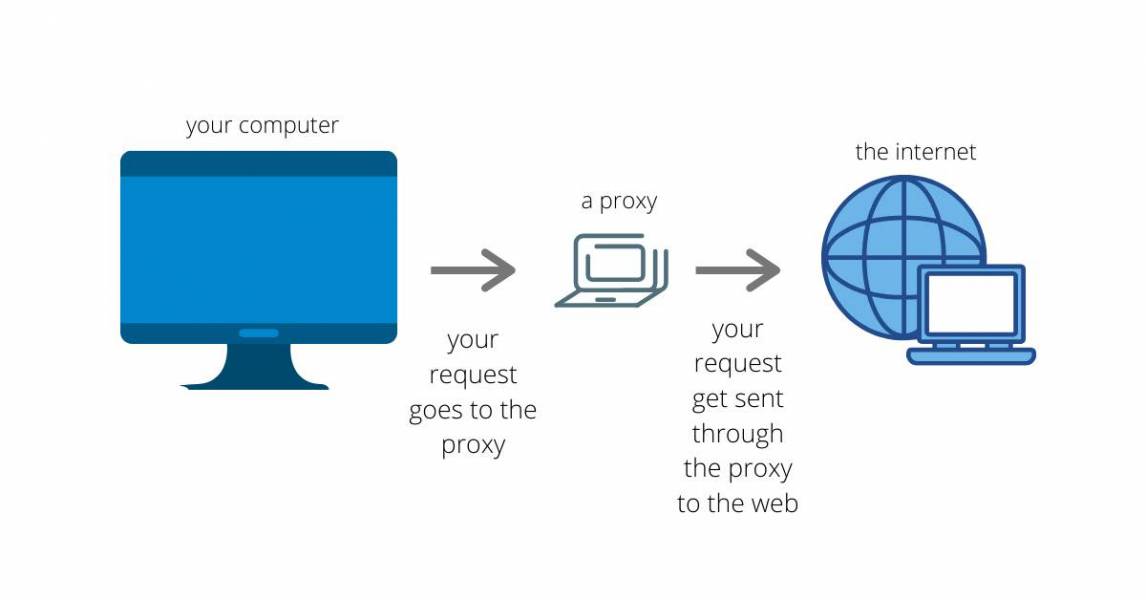In the rapidly evolving landscape of digital marketing, residential proxies have emerged as indispensable tools that enhance various strategies by providing authentic and reliable IP addresses. Unlike data center proxies, residential proxies route internet traffic through real devices with legitimate IPs assigned by Internet Service Providers (ISPs). This unique feature allows marketers to access geo-specific content, bypass restrictions, and maintain anonymity without raising red flags. Here are the top 10 uses of residential proxies in digital marketing that demonstrate their significance.
First and foremost, residential proxies enable effective web scraping for competitive analysis. Marketers can gather valuable data on pricing, product availability, customer reviews, and promotional campaigns from competitors’ websites without being blocked or detected. This information helps companies tailor their strategies to stay ahead in the market.
Second, these proxies facilitate localized ad verification. Digital marketers often need to verify if ads are displayed correctly across different regions and demographics. residential proxies allow them to simulate browsing from various locations worldwide, ensuring accurate ad placement and compliance with regional regulations.
Thirdly, they support social media management by allowing multiple account handling without triggering platform restrictions or bans. Social networks typically limit accounts based on IP addresses; using residential proxies helps marketers manage numerous profiles simultaneously while maintaining a natural online presence.
Fourth is search engine optimization (SEO) monitoring. Since search engines personalize results based on location and user behavior, residential proxies help marketers track keyword rankings accurately across different geographies. This insight enables better targeting and content optimization tailored to specific markets.
Fifth on the list is price comparison monitoring for e-commerce businesses. Retailers use residential proxies to monitor competitor prices dynamically across regions to adjust their own pricing strategies competitively without being flagged or blocked during frequent checks.
Sixth involves accessing geo-blocked content for market research purposes. Some websites restrict access based on geographic location; however, with residential proxies simulating local users’ IPs globally, marketers can collect comprehensive insights irrespective of such barriers.
Seventh is fraud prevention in advertising campaigns by detecting click fraud patterns originating from suspicious sources or bots attempting to manipulate campaign performance metrics artificially.
Eighth usage includes enhancing brand protection efforts where companies monitor counterfeit products or unauthorized sellers online discreetly using diverse IP addresses provided by residential proxy networks.
Ninth relates to automated testing of websites and applications under varied network conditions mimicking real-world user environments spread across multiple locations worldwide ensuring seamless user experience globally before launch or updates deployment.
Lastly, seventh-generation AI-driven marketing tools increasingly rely on vast datasets gathered through ethical means like those facilitated via residential proxy usage enabling more precise consumer behavior modeling while respecting privacy norms effectively balancing innovation with responsibility.
In conclusion, residential proxies serve as powerful enablers within digital marketing frameworks by offering authenticity combined with flexibility essential for modern-day challenges ranging from data collection through competitive intelligence gathering all the way up to sophisticated automation tasks aimed at optimizing outreach efforts efficiently across global markets. Their strategic application continues transforming how brands engage audiences digitally while safeguarding operational integrity against detection risks inherent in less sophisticated proxy alternatives.

